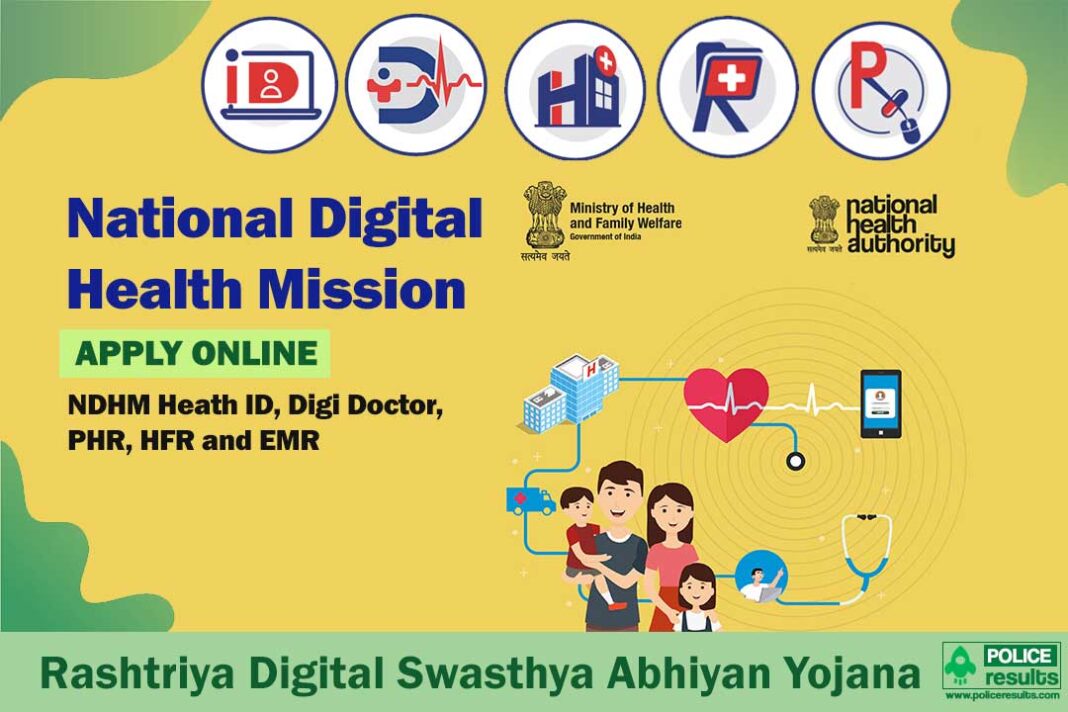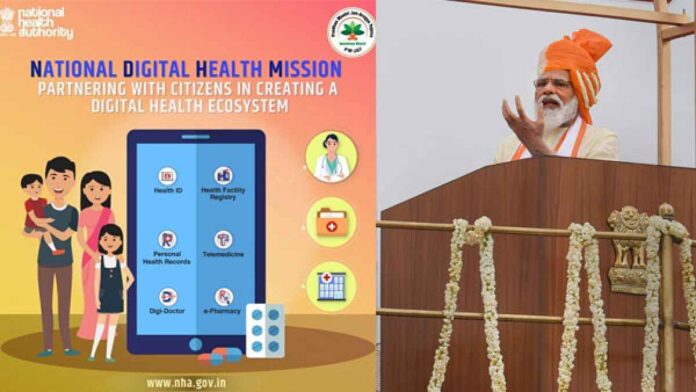On Independence Day 2020, the Prime Minister announced a plan in his speech regarding the development of a nation-wide health ID programme to guarantee that every Indian would be counted by the National Digital Health Mission. On 26 August 2020, the Health Ministry announced a draft policy regarding healthcare data.
Originally the government offered very little time for comments, feedback and suggestions regarding the draft policy. This caused a blowback from many in the health sector saying that this was a serious matter which requires proper deliberation under normal circumstances, and during the COVID-19 pandemic, the health sector is overburdened. Feedback would hence be limited.
On reading, the policy appears to be a gateway to the telemedicine industry. While India has a Data Privacy Bill, it is not clear where medical data falls, and whether the current law can adequately handle the specific legal challenges that health data throws up. For example, in cases where a person is unconscious, or is a child, or otherwise incapacitated, they cannot provide consent. The current policy seeks to address those challenges and make the law surrounding medical data, its use and its transfer clearer.
The policy is a step towards the commodification of health data. It creates a framework allowing for informed consent regarding the use and movement of data and provides contingencies when a person cannot provide consent. The policy is weak on redressal mechanism, meaning that if someone’s privacy is abused, it would be difficult for that person to get justice. At a time when data can move quickly and easily without the person involved being aware, this is a deep concern.
The policy misleads regarding the protections it offers people by emphasizing informed consent. In the context of healthcare, consent has limited value. A patient seeking treatment is not in any strong position to give or withhold consent regarding matters of health data collection. If they refuse, they might put their health at risk.
Telemedicine might make matters to even more dangerous ends, as informed consent would become just a swipe on a smartphone. Telemedicine companies can promise that a comprehensive evaluation of one’s medical record would be required to give the best treatment, and this could easily be misused.
Beyond the issue of informed consent and the commodification of health, people have raised objections regarding the undemocratic nature of the practice. In a way, the State’s handling of the policy shows how informed consent can be misused if done the right way with little time to evaluate the policy.




